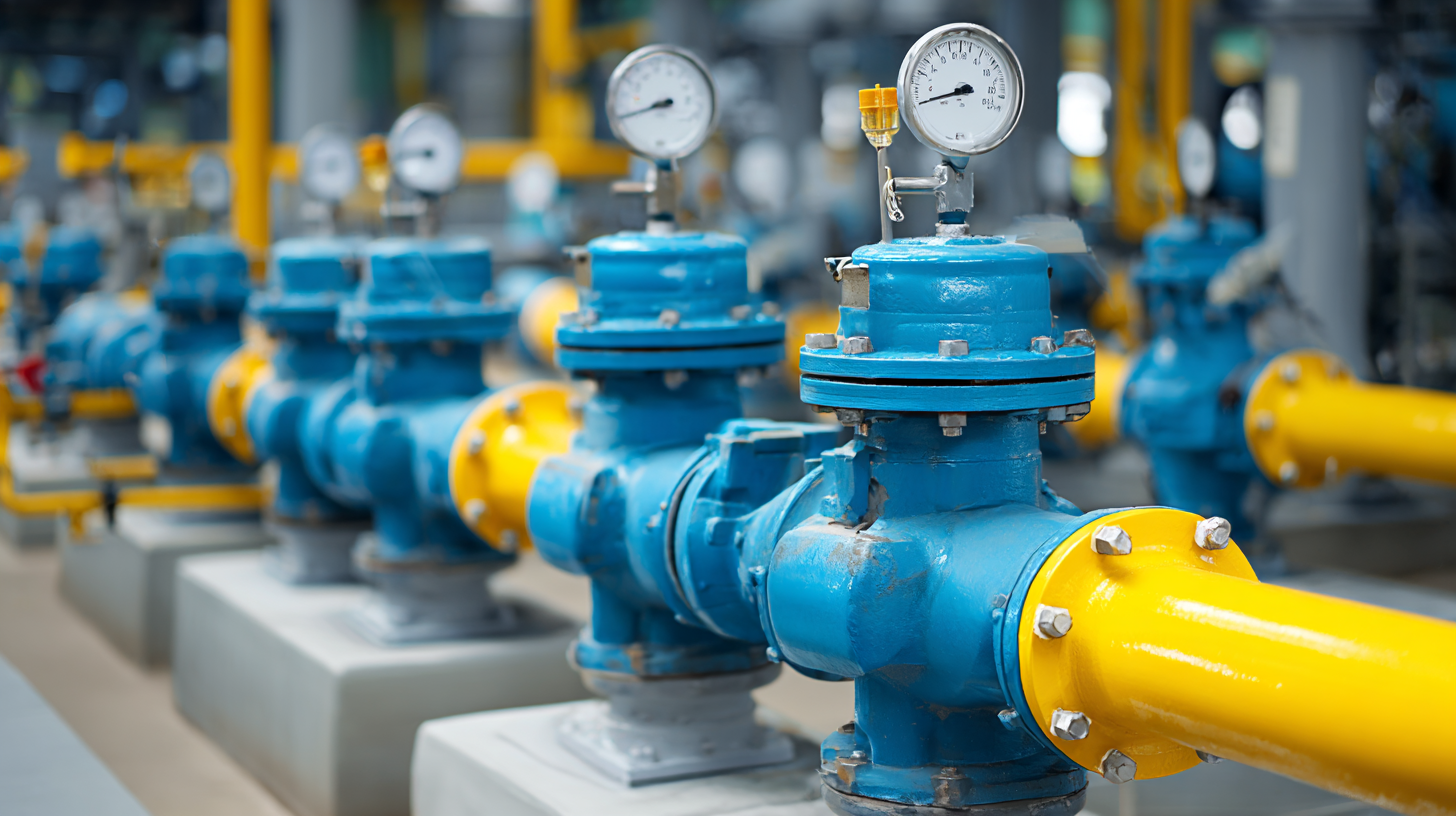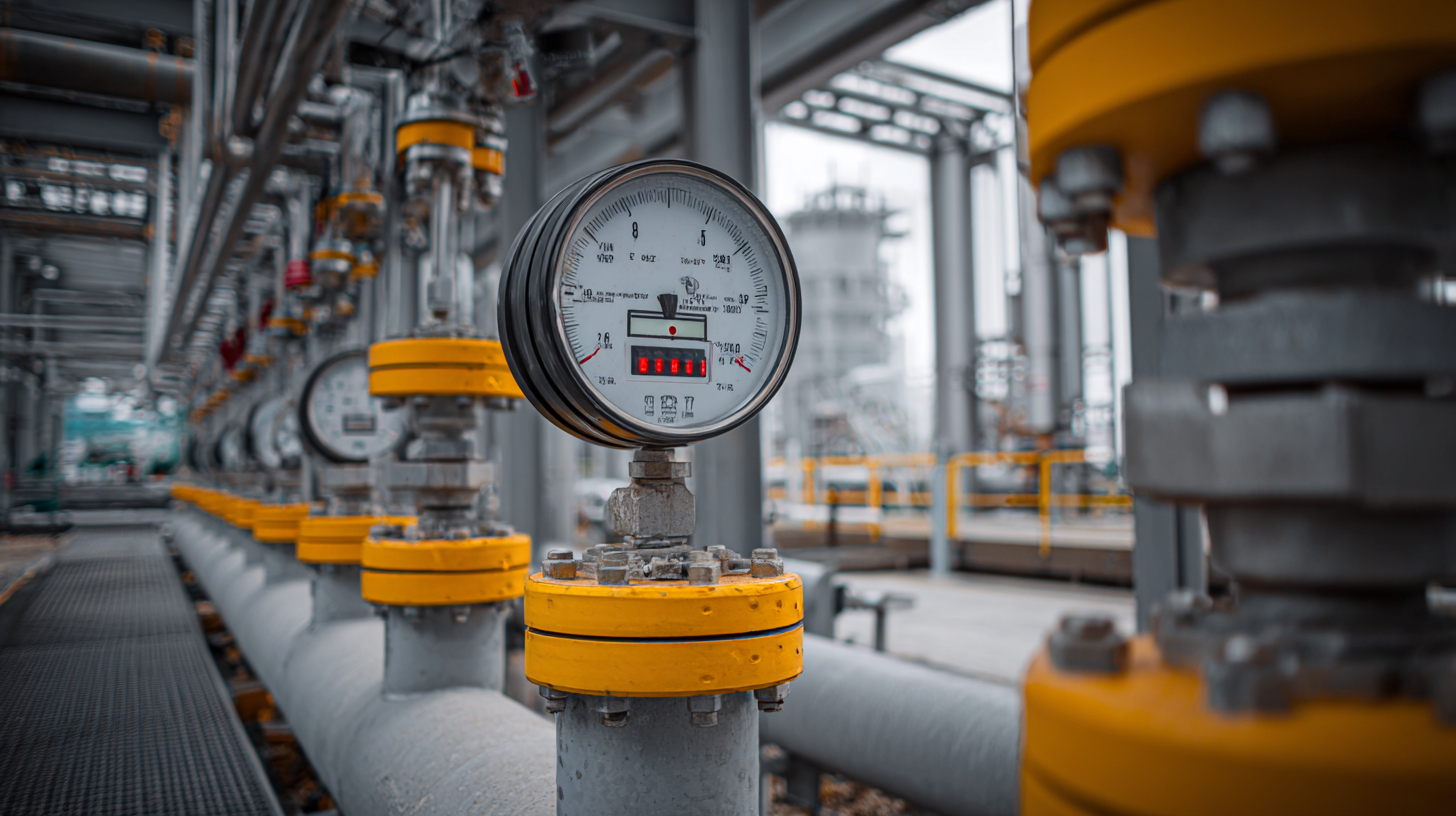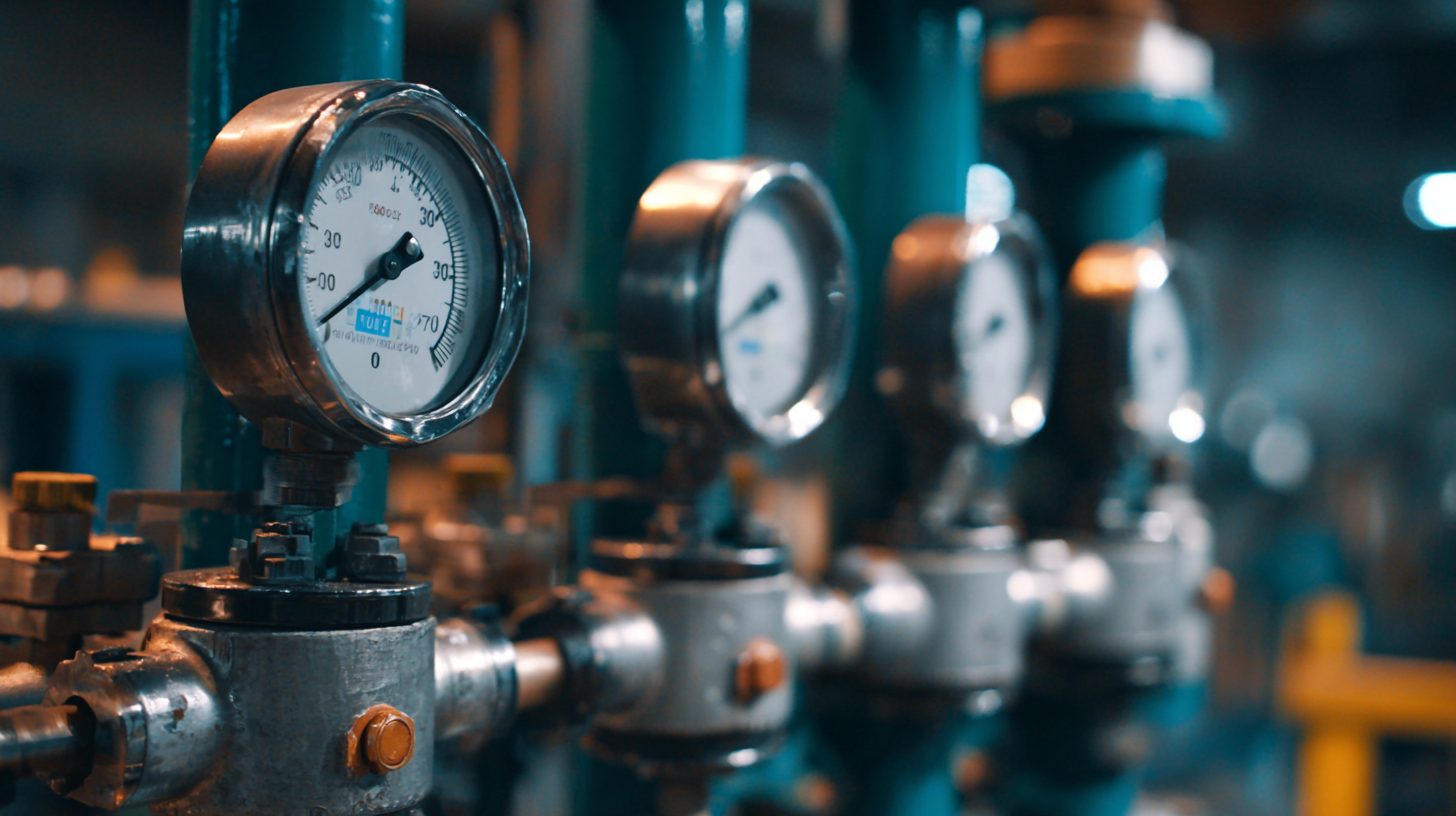Understanding the Importance of Mechanical Flow Meters in Modern Industrial Applications
In today's rapidly evolving industrial landscape, the reliability and accuracy of measurement tools play a crucial role in optimizing processes and ensuring operational efficiency. Among these essential instruments, the Mechanical Flow Meter stands out as a pivotal device for measuring the flow of liquids and gases in various sectors, from manufacturing to energy distribution. Understanding the importance of mechanical flow meters is key for engineers and technicians who aim to enhance their systems' performance. This guide aims to explore the functionality, advantages, and practical applications of mechanical flow meters, highlighting their significance in modern industrial applications. By delving into the operational principles and the diverse types of mechanical flow meters available, we can equip professionals with the knowledge needed to select the right flow measurement solutions, ultimately leading to improved process control and cost-effectiveness in their operations.

The Role of Mechanical Flow Meters in Enhancing Process Efficiency
Mechanical flow meters play a critical role in optimizing process efficiency across various industrial applications. By providing accurate and reliable flow measurement, these devices enable businesses to monitor and control the flow of liquids and gases with precision. This capability is essential for maintaining product quality, ensuring compliance with safety regulations, and minimizing waste. In environments where every second and every drop counts, mechanical flow meters serve as integral tools that directly impact operational performance.
In addition to their direct measurement capabilities, mechanical flow meters contribute to enhanced process efficiency by facilitating data collection and analysis. The flow data generated helps operators identify trends and potential issues, allowing for proactive maintenance and adjustments in real-time. By optimizing the flow rates and ensuring that processes run smoothly, companies can reduce energy consumption and lower operational costs. Furthermore, these devices are often simpler to install and maintain than their electronic counterparts, making them a practical choice for industries looking to streamline workflows without significant investment in technology.
Understanding the Importance of Mechanical Flow Meters in Modern Industrial Applications
| Application Area | Flow Meter Type | Measurement Range (L/min) | Accuracy (%) | Common Industries |
|---|---|---|---|---|
| Chemical Processing | Rotary Vane Meter | 0.1 - 500 | ±1.5 | Chemicals, Pharmaceuticals |
| Water Treatment | Turbine Meter | 1 - 1000 | ±1.0 | Municipal, Industrial |
| Food and Beverage | Positive Displacement Meter | 0.5 - 300 | ±0.5 | Dairy, Beverages |
| Oil and Gas | Analog Flow Meter | 10 - 20000 | ±0.5 | Petroleum, Natural Gas |
| Pharmaceuticals | Electromagnetic Flow Meter | 0.1 - 400 | ±0.2 | Biopharmaceuticals, Vaccines |
Key Applications of Mechanical Flow Meters in Various Industries
Mechanical flow meters are pivotal in various industrial applications, offering reliable measurements crucial for operational efficiency. Their adaptability allows them to be utilized across multiple sectors, including oil and gas, manufacturing, and water treatment. According to recent industry analyses, the mechanical flow meter market is poised for significant growth, driven by advancements in technology and increasing demand for precise flow measurement solutions.
In the ultrasonic flow meter segment alone, the market is expected to reach substantial figures by 2032, with notable demand for different types including insertion and clamp-on styles. These meters are integral in ensuring accurate readings in various applications, elucidating the importance of selecting the appropriate type based on specific operational needs. Moreover, the multi-path flow computer market is gaining traction, with insights indicating a shift toward products featuring enhanced capabilities such as three to six-path time-of-flight measurements.
Tips: When choosing a mechanical flow meter, consider the application type and required accuracy. Researching the latest reports on market trends and consumer insights can further inform your decision-making. Additionally, integrating smart technologies with flow meters can optimize performance and enable remote monitoring capabilities, aligning with industry movements toward intelligent solutions.
Comparative Analysis: Mechanical Flow Meters vs. Electronic Flow Meters
Mechanical flow meters have long been a staple in industrial applications, yet their performance must be compared with that of electronic flow meters to understand their unique advantages and limitations. While mechanical flow meters are praised for their simplicity, reliability, and cost-effectiveness, electronic flow meters provide superior versatility, advanced features, and higher accuracy under varying operational conditions. The choice between the two often depends on specific application needs, including factors such as fluid type, measurement precision, and budget constraints.

In recent years, the ultrasonic flow meter market has gained traction, driven by the increasing demand for accurate and efficient flow measurement in various industries. Market analysis segmented by type, including segment type, insertion type, and clamp-on devices, reveals substantial growth potential. Additionally, distinguishing between path types, such as 3-path, 4-path, and 5-path systems, highlights the ongoing advancements in technology that enhance measurement capabilities. As industries evolve and seek smarter solutions, understanding the comparative aspects of flow meter technologies becomes essential for making informed decisions that align with operational needs and technological advancements.
Maintenance Best Practices for Maximizing Mechanical Flow Meter Longevity
Mechanical flow meters play a crucial role in various industrial applications, ensuring accurate measurement and control of fluid flow. To maximize their longevity and performance, proper maintenance practices are essential. Regular inspections and calibrations not only help in detecting early signs of wear and tear but also ensure that the meters operate within their optimal range.
**Tips for Maintenance:**
1. **Routine Calibration**: Schedule regular calibrations to verify accuracy. This practice helps in identifying any discrepancies in measurements and allows for timely adjustments.
2. **Cleaning and Dust Management**: Keep flow meters free from dust and debris. Use appropriate cleaning methods to prevent buildup that can affect sensor performance.
3. **Environment Monitoring**: Assess the operational environment regularly. Factors such as temperature fluctuations and the presence of corrosive substances can impact flow meter integrity.
Implementing these maintenance best practices will not only enhance the longevity of mechanical flow meters but also ensure reliable measurement, ultimately improving operational efficiency across diverse industrial applications. By prioritizing the upkeep of these critical instruments, industries can achieve smoother operations and reduce downtime caused by equipment failures.

Emerging Technologies Influencing Mechanical Flow Meter Design and Usage
The evolution of mechanical flow meters is significantly influenced by emerging technologies that enhance their design and usage within modern industrial applications. Recent advancements, such as quantum sensing using ultrafast laser pulses, showcase the potential for integrating high-precision measurement techniques into mechanical flow meter technology. By employing femtosecond lasers, researchers can improve the sensitivity and accuracy of fluid measurement, paving the way for more reliable data in critical applications ranging from manufacturing to environmental monitoring.
Moreover, innovations like bio-inspired artificial hair flow sensors demonstrate how nature-inspired designs can augment traditional flow measurement methods. These sensors offer enhanced performance in tracking fluid dynamics, which is vital for industries where efficiency and accuracy are paramount.
The incorporation of artificial intelligence in the design and operation of mechanical flow meters further exemplifies the shift toward smarter industrial solutions, enabling real-time data analysis and optimization of processes. As these technologies continue to converge, the future of mechanical flow meters looks promising, driving advancements across various sectors while ensuring sustainable practices.
Related Posts
-

How to Select the Right Mechanical Flow Meter for Your Industrial Needs
-

7 Essential Flow Meter Types Every Industry Should Know
-

Understanding Common Challenges with Magnetic Flow Meters for Global Buyers
-

Innovative Alternatives to Inline Flow Meter Solutions for Enhanced Measurement Accuracy
-

10 Best Chemical Flow Meters That Improve Accuracy by 95 Percent
-

How to Select the Best Turbine Meter for Your Industrial Needs
